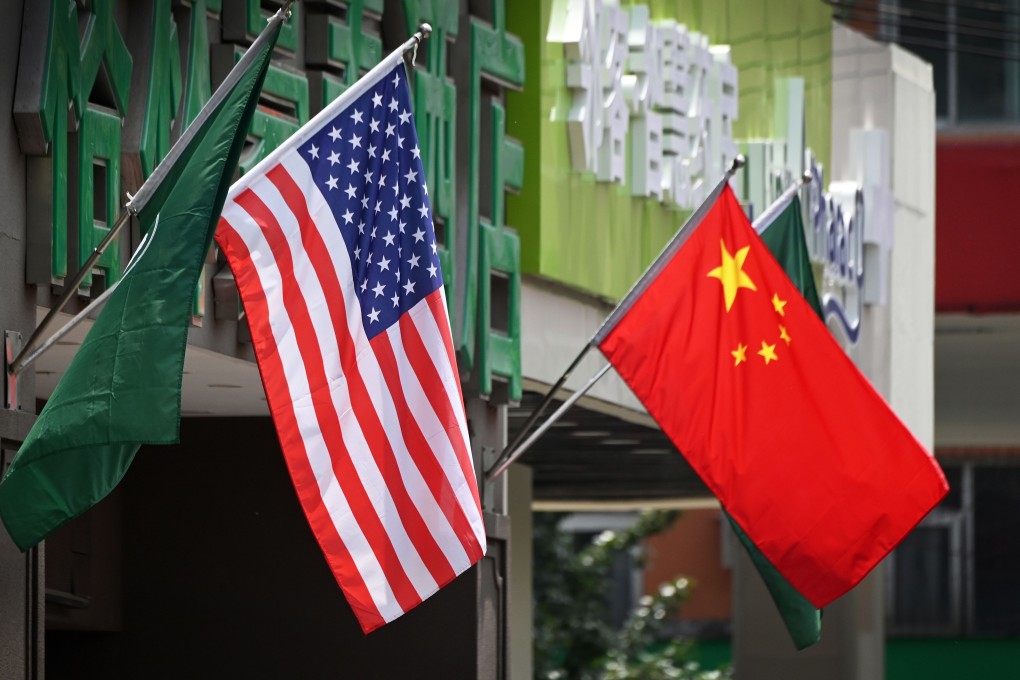Advertisement
Asian Angle | The West portrays itself as a defender of human rights, but does it still have a right to moral leadership?
- The United States, Britain and European nations have a history of ‘weaponising’ human rights in foreign policy
- Throughout late imperial history, China has rarely blamed other nations, their religion or race, for domestic problems
Reading Time:5 minutes
Why you can trust SCMP
99+

The term “human rights” is properly a feature of the modern world, but people have been calling out cruelty for centuries. Who gets blamed for human tragedy reveals a lot about how a nation values human life.
Western nations, chief among them the United States, have long assumed the promotion of human rights as one of their natural duties, but in recent years some have questioned their qualifications for doing so.
Last Fall in the journal Foreign Affairs James Goldgeier and Bruce W. Jentleson itemised the failures of America’s “tarnished model”, taking note of that “internationally controversial war in Iraq” and a major financial crisis in 2008. Following a period of recovery under President Barack Obama, America then lurched “in a very different direction … by electing a racist reality TV host who blames American allies for the country’s ills”.
Advertisement
And that was before White Nationalists attempted to bring down the government by storming the Capitol on January 6.

03:23
China mocks the US as Beijing compares chaos at Capitol with Hong Kong protests
China mocks the US as Beijing compares chaos at Capitol with Hong Kong protests
Do these events signal a need for reform in America – affecting its moral leadership – or are they passing bumps in a stable liberal tradition?
Advertisement
Here is where the history of human rights in foreign policy might offer a useful perspective.
Advertisement
Select Voice
Select Speed
1.00x
